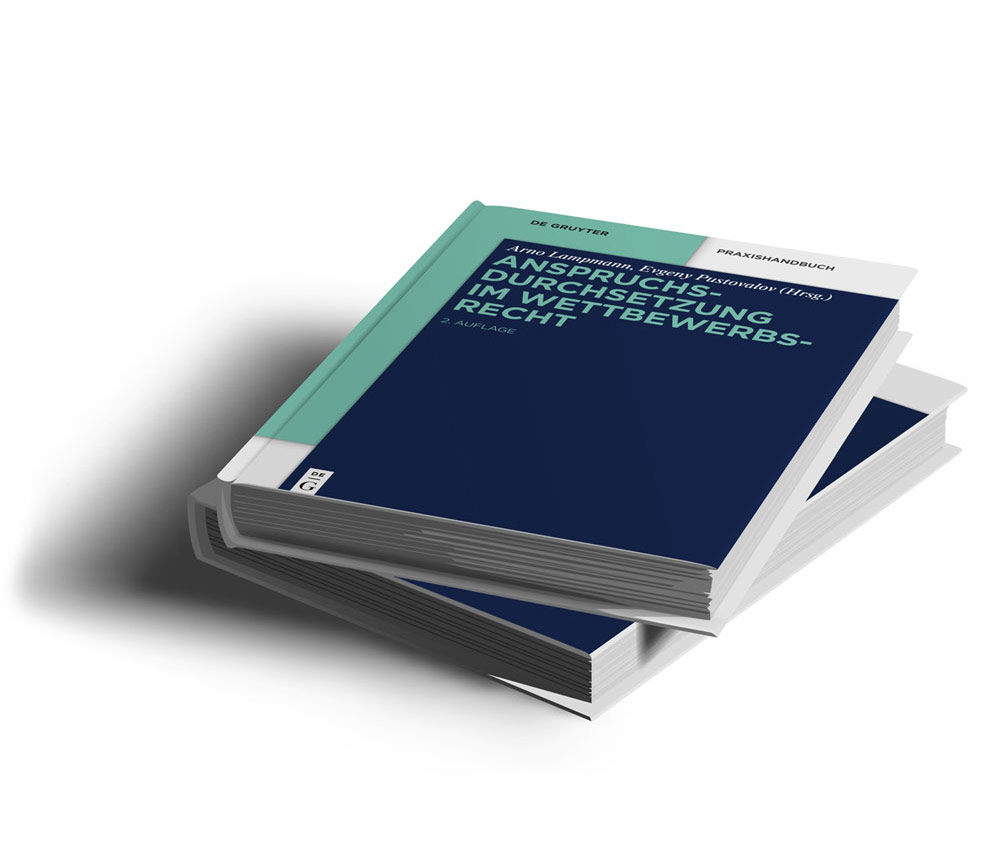Hildesheim Regional Court overturns injunction against Amazon, emphasises ‘significant market power’ of the group

On 6 September 2019, the Regional Court of Hildesheim lifted the temporary injunction ordering Amazon to immediately reverse an unlawful blocking of an Amazon seller account (LG Hildesheim, Beschluss v. 26.6.2019, Az. 3 O 179/19, available here as PDF):
Hildesheim does not have jurisdiction and the legal dispute must be dealt with at the Group’s European headquarters in Luxembourg.
The judgement was pronounced as a so-called ‘chair judgement’ at the end of the hearing, has no written reasons yet and is not yet legally binding.
Previously, the Hildesheim Civil Chamber had decided in an interim injunction on 26 June 2019 that Amazon must immediately lift the block, restore deleted offers and immediately release any existing credit balance withheld from the account.
Curious course of proceedings
Details of the sometimes downright curious developments in the case can be read here:
- Amazon seller account blocked: LG Hildesheim issues temporary injunction against Amazon
- Update on the unauthorised blocking of the seller account: Amazon thwarts service of the preliminary injunction
- Amazon appeals against temporary injunction: Reason for blocking was only a pretence
- Amazon account blocking: Hildesheim Regional Court sets date for oral hearing, Amazon conceals new version of its terms and conditions
- First success before the Hildesheim Regional Court: Amazon releases credit balance of almost €30,000 shortly before the hearing
In the summons to the hearing, the Chamber for Commercial Matters, which is now responsible following Amazon’s objection, had already indicated that it would not be in a position to examine the case on the merits due to the formal requirements imposed by Amazon in the form of the international group structure and the extensive general terms and conditions to the detriment of Amazon sellers.
According to the previously applicable contractual terms and conditions, Amazon could – to put it simply – block or ‘deactivate’, cancel at will and should then only be able to take legal action in Luxembourg under Luxembourg law.
Cartel office initiated abuse proceedings
A situation that the Federal Cartel Office understandably criticised.
It therefore initiated abuse proceedings at the end of November 2018 on suspicion of abusive terms and conditions and behaviour on the German marketplace amazon.de. In July 2019, Amazon undertook to implement, among other things, precisely the regulations that are also relevant to the present case, in order to avoid a not inconsiderable fine and did so by updating these contractual terms on 16 August 2019.
Amazon: Account not only ‘deactivated’ but cancelled
Instead of abandoning its legal defence, Amazon now claimed that the trader in question had not only been blocked or his account deactivated, but that it had even been ‘indisputably’ terminated. The triumphant conclusion: merchants with whom Amazon no longer had a contractual relationship could no longer benefit from a subsequent amendment to the terms and conditions.
Strangely, however, the emails from Amazon to the retailer had only contained a reference to ‘deactivation’. There was never any mention of a cancellation. In the backend of the merchant account, on the other hand, the status is still indicated as ‘valid’.
Despite these inconsistencies, the Hildesheim Chamber endorsed this view in the summary injunction proceedings. By terminating the contract, the retailer no longer benefited from the amended GTCs, but still had to accept the clauses objected to by the Cartel Office and therefore bring an action in Luxembourg. However, the regional court emphasised its astonishment that a group such as Amazon was not in a position to ‘use the word termination in its notices of termination’.
Amazon pays a high price
Amazon has thus won the preliminary injunction proceedings in this instance. At what cost, however, remains to be seen.
In the course of the proceedings, we received numerous calls from colleagues who wanted to enquire about the extent to which antitrust law played a role in these proceedings. They were astonished to learn that we had by and large ignored it.
However, this was not because we had not considered its applicability, but simply because we could not imagine that Amazon would go so far in an individual case and put all its eggs in one basket against the background of its press-optimised and applauded ‘fight’ against ‘bought’ product reviews.
Antitrust law²
Amazon has a double problem under antitrust law: in addition to invoking the cancellation and court selection clauses that violate antitrust law in the specific case, which Amazon should actually refrain from doing immediately to avoid a fine, the antitrust authorities could be interested in the fact that Amazon denounces providers of ‘purchased’ reviews with great pomp and circumstance and on the other hand – which many do not know – offers ‘purchased’ reviews itself as part of the Amazon Vine Club
Amazon’s ban on ‘purchased’ reviews for all others does not only apply – as is often presented to the public – to reviews that are not labelled as such (these types of reviews are of course anti-competitive as ‘surreptitious advertising’), but in general: all Amazon sellers are simply prohibited from displaying customer reviews that are based on a consideration, even if they are labelled. This behaviour is at the very least dubious under antitrust law.
It must therefore now be examined not only to what extent an appeal against the decision of the Hildesheim Regional Court makes sense (this is possible within one month), but also to what extent additional antitrust proceedings should now be initiated. In view of the immense damage it has already suffered, the retailer will take the Hildesheim Regional Court’s warning seriously and consider taking action in Luxembourg.
Amazon has ‘considerable market power’
Incidentally, the centrepiece of successful antitrust proceedings is the ‘abuse of a dominant market position’. The statement made by the presiding judge at the hearing could be seen as an omen in this context. He explicitly emphasised Amazon’s ‘significant market power’.
(Disclosure: Our law firm represents the applicant).

